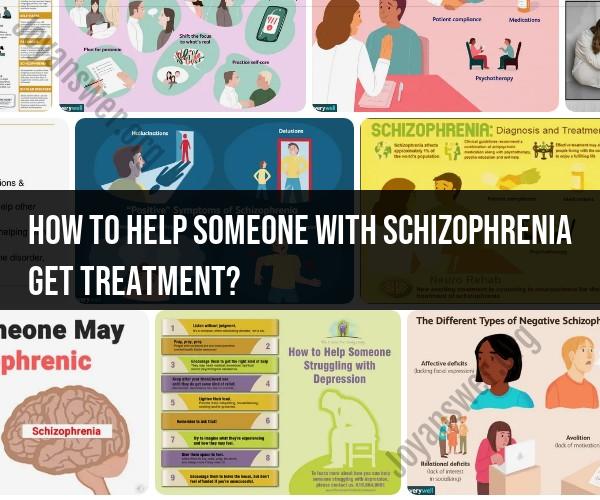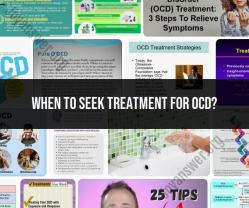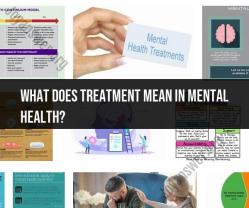How to help someone with schizophrenia get treatment?
Helping someone with schizophrenia access treatment is a crucial step in supporting their well-being and recovery. Schizophrenia is a complex mental health condition that typically requires a combination of medication, therapy, and support services. Here are steps you can take to assist someone in getting the treatment they need:
Educate Yourself: Start by educating yourself about schizophrenia. Understanding the condition and its symptoms will help you provide better support and empathize with the person's experiences.
Build Trust: Establish a trusting and non-judgmental relationship with the individual. People with schizophrenia may be reluctant to seek help due to stigma or fear. Ensure that they feel safe and respected.
Encourage Open Communication: Encourage the person to talk about their experiences, thoughts, and feelings. Be a good listener and avoid criticizing or dismissing their concerns.
Seek Professional Assessment: If you suspect that someone has schizophrenia or is experiencing symptoms of psychosis (such as hallucinations or delusions), encourage them to seek a professional assessment. You can offer to help them find a mental health provider or accompany them to appointments.
Emergency Situations: If the person is in immediate danger to themselves or others or is unable to care for themselves due to their symptoms, do not hesitate to call emergency services or take them to the nearest emergency room. Safety should always be the top priority.
Connect with Mental Health Services:
- Research and provide information about local mental health services and treatment options. Help the individual make appointments with mental health professionals, such as psychiatrists, psychologists, or therapists.
- If the person is hesitant or unable to do this themselves, offer to assist with scheduling appointments, transportation, or paperwork.
Support Medication Management:
- Many individuals with schizophrenia benefit from antipsychotic medications. Encourage the person to take their prescribed medications regularly and assist in tracking doses.
- Be aware of potential side effects and encourage them to communicate any concerns with their healthcare provider.
Explore Therapy Options:
- Therapy, such as cognitive-behavioral therapy (CBT) or family therapy, can be an important part of treatment. Help the person find a therapist experienced in working with schizophrenia.
- Offer to attend therapy sessions with them if it would be helpful.
Provide Emotional Support: Living with schizophrenia can be challenging. Offer emotional support by being there for the person, showing empathy, and helping them cope with the emotional impact of their condition.
Encourage a Healthy Lifestyle: Promote a healthy lifestyle that includes regular exercise, a balanced diet, and sufficient sleep. These factors can positively influence mental health.
Support System Involvement: Encourage the person to involve trusted friends and family members in their treatment and recovery process. A strong support system can make a significant difference.
Stay Informed: Keep up-to-date with the person's treatment plan and progress. Encourage them to attend follow-up appointments and continue with therapy and medication.
Monitor for Crisis Signs: Be vigilant for signs of crisis or relapse, such as increased paranoia, withdrawal, or worsening symptoms. In such cases, seek immediate professional help.
Remember that each person's experience with schizophrenia is unique, and treatment approaches may vary. Patience, understanding, and ongoing support are essential when helping someone with schizophrenia access treatment and work towards recovery. It's important to involve mental health professionals in the process, as they can provide expert guidance and treatment recommendations tailored to the individual's needs.












